Understanding the Significance of Tcertification: How Elecaas’s Commitment to Compliance Benefits Our Clients
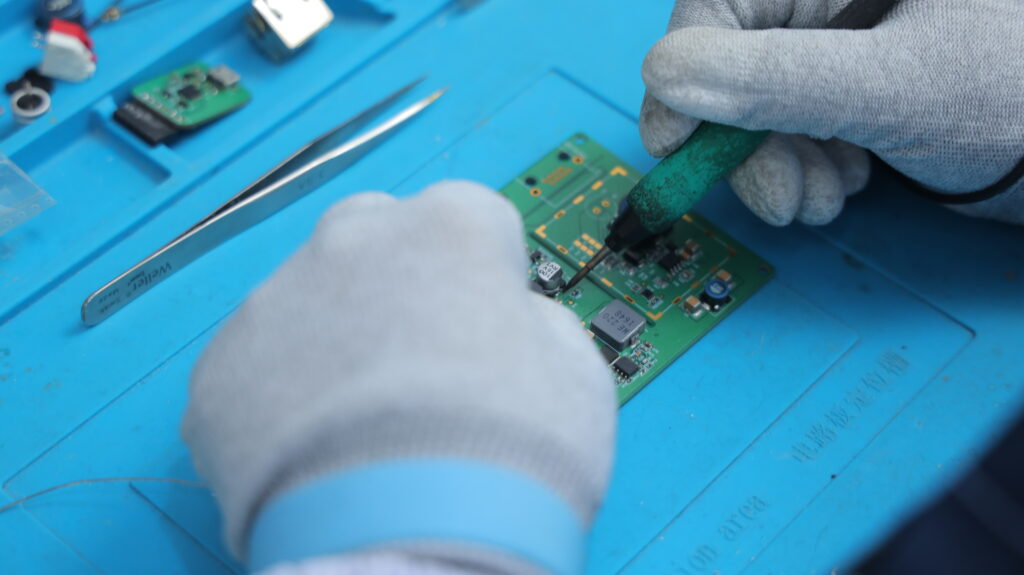
At Elecaas, we believe that excellence is not just a goal—it’s a standard we set for ourselves every day. As a leading electronic manufacturing service (EMS) provider in the UAE, we are proud to announce that we have achieved Tcertification, a rigorous due diligence credential that underscores our unwavering commitment to compliance, transparency, and international […]
What Is a PCB?
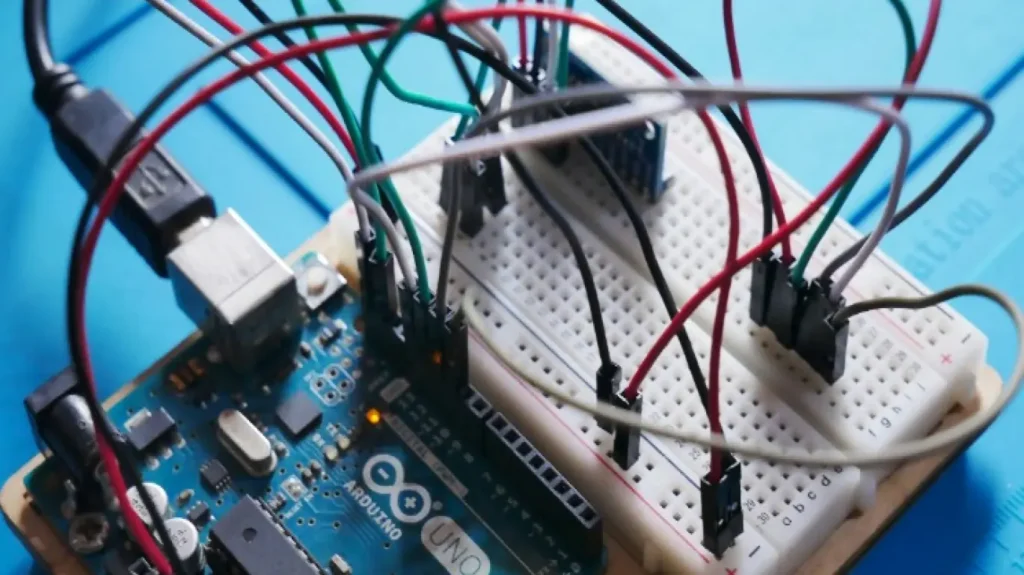
When we take apart any electronic device, you’re likely to find a few core components within. Apart from wires, semiconductors,…
The Importance of PCB Rework
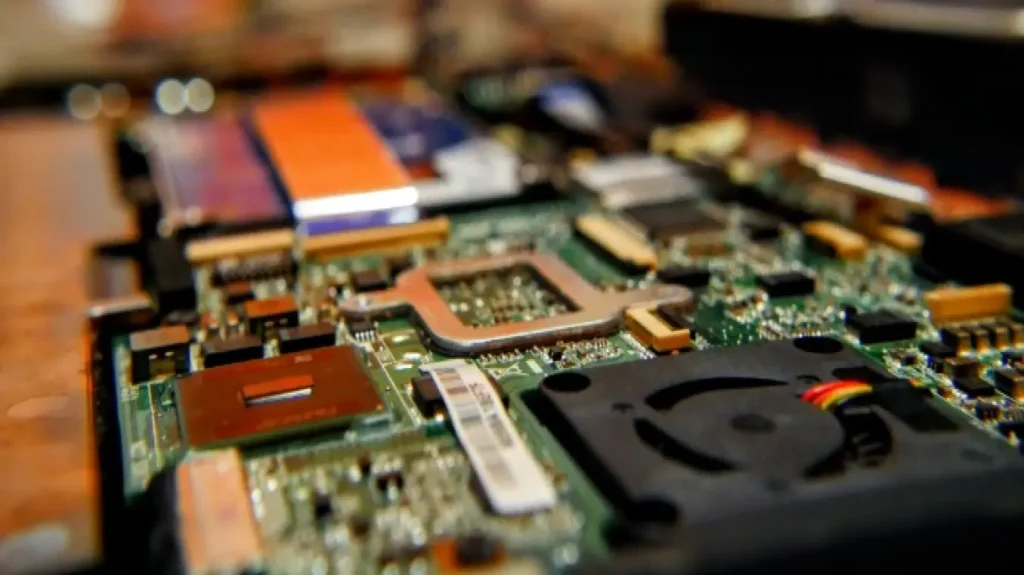
The printed circuit board (PCB) provides functionality for countless devices, from smartphones to life-saving medical equipment. However, even the most sophisticated and advanced manufacturing processes can yield imperfections. This is where PCB rework steps in. Reworking is a crucial yet often underappreciated step in ensuring quality and consistency for electronics. Let’s explore reworking and why it is essential to PCB functionality.
Six Considerations When Choosing a PCB Design and Manufacturing Partner
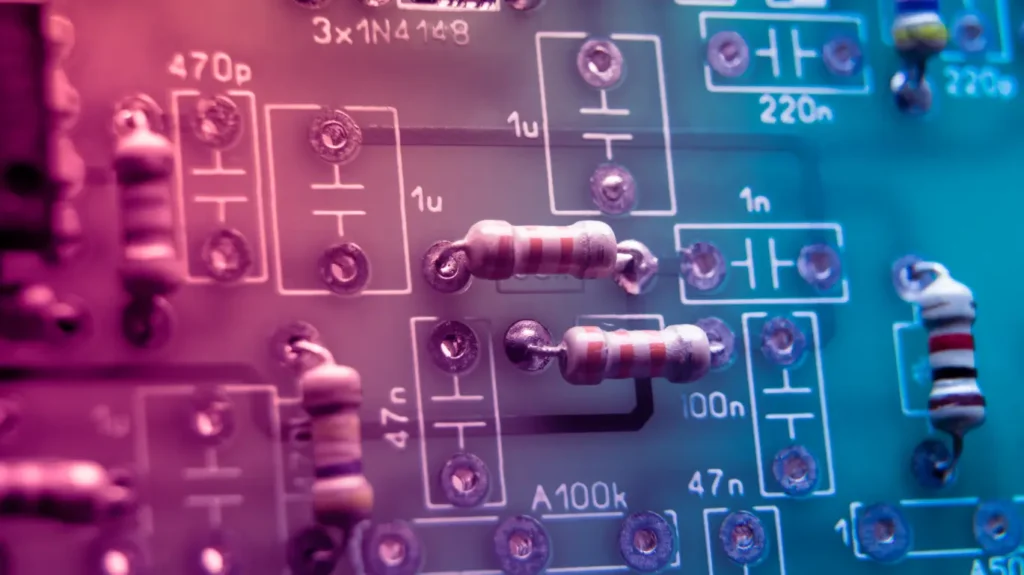
Printed Circuit Boards (PCBs) are the framework that holds and connects various components of modern electronic devices, from household gadgets to industrial machinery. Whether you are an engineer working on a prototype, a business ramping up for mass production, or anything in between, choosing the right PCB design and manufacturing partner is a critical decision that can undoubtedly impact your success. Transforming a design from schematic to reality requires a skilled partner – a PCB manufacturer who can bridge the gap between concept and creation. Selecting the best manufacturer isn’t just about finding the cheapest quote. It’s about creating a partnership prioritizing quality, value, and clear communication. Let’s explore critical considerations when choosing a PCB manufacturer, empowering you to find the perfect fit for your project. So, what should you take into consideration when you are selecting that partner?
PCBs Power Our World: A Look at Nine Common Uses for Printed Circuit Boards
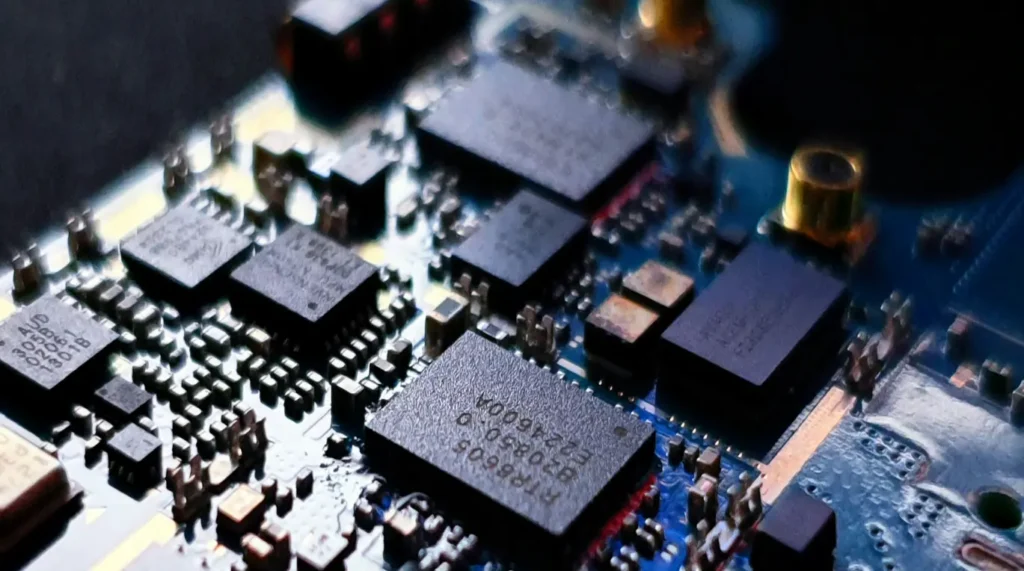
In the intricate workings of electronics, the printed circuit board (PCB) is the all-important backbone that provides the structure for an electronic device’s capabilities. PCBs and their wide range of uses highlight the capabilities of modern technology. As you know, technology is ever-evolving and constantly advancing. PCBs facilitate seamless connectivity and enable the functionality of devices that have become invaluable in our lives.
The versatility of PCBs transcends boundaries, extending into various industries and applications and having nearly countless uses. From consumer electronics and aerospace to automotive and medical devices, PCBs are everywhere. Whether in the smartphone in your pocket or the wearable healthcare device on your wrist, PCBs provide the functionalities you depend on. PCB technology continuously evolves and is driven by innovation and the determination for higher performance, miniaturization, and reliability.